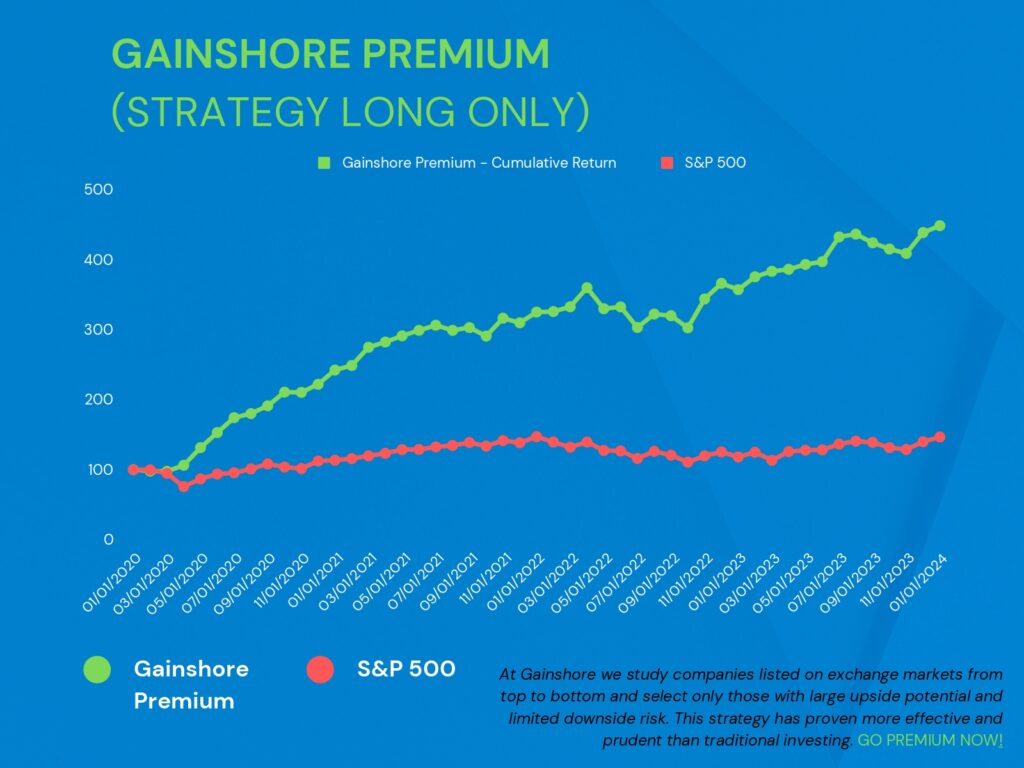Table of Contents
Bond Definition
Bonds are debt securities representing a loan to entities like private companies or governments. Buying bonds means becoming a creditor to that entity.
Bond Market
The bond market is one of the largest markets worldwide, thanks partly to the massive amount of debt carried by most governments.

Investing in Bonds
When you purchase a bond, you provide financing for a company or a government. In return, you receive a specified interest rate, known as the “coupon rate”; that is precisely why bonds are also called fixed-income securities. Interest on bonds is typically paid either semi-annually or annually until you receive the bond’s full principal amount back on the bond’s specified maturity date.
Bonds coupon, interest rate and yield to maturity
The coupon rate is the yield offered on the bond at the time it is issued. As interest rates fluctuate up or down over a bond’s life, the bond’s value and its actual “yield to maturity” change. Coupon rates do not change over the life of a bond, but changing interest rates do affect the bond’s value and yield.
As interest rates rise, bond prices fall; conversely, as interest rates fall, bond prices rise.
Bonds risks
For investors who hold bonds to maturity, fluctuating yield-to-maturity rates during the bond’s life have no practical impact on their investment return. The current yield-to-maturity rate only comes into play if you buy or sell a bond in the secondary market sometime before its maturity date.
Regardless of the performance of the entity’s operations, the bondholder receives the repayment of capital plus interest, unless the debt issuer cannot repay its debt; if the insolvent debt issuer is forced to foreclose its assets, the bondholders receive a share of the proceeds before shareholders.
Bonds are usually much less volatile, their price fluctuates less than stocks.
Fixed payments due and higher ranking among creditors on an eventual company’s liquidation explain why bonds are less risky than stocks.
Since investments always have a risk-return trade-off, bonds offer lower returns than stocks.
As you get closer to your financial goals, owning bonds that match your timeline will protect assets you’ll be counting on in the short term.
If you have a foreseen expense approaching in a few years or you need to start withdrawing money from your investment pot, your goal should no longer be maximizing growth; instead, it should be protecting your capital. In those circumstances, you should shift the money out of stocks into bonds and, even better, cash.
BEST INVESTMENTS FOR 2023
Thanks to our meticulous and stringent screening analytical process, Gainshore has achieved an extraordinary 100% winning rate on LONG TERM STOCKS, and the SHORT TERM STOCKS have repeatedly been beating all global equity markets.
Our stock recommendations have grown about 250% since 2020 while exhibiting minimal negative volatility despite COVID-19, the Ukraine War and the current high inflationary environment.
Discover the Best Investments For 2023 now, or subscribe to our newsletter to learn more. SATISFIED OR GUARANTEED.







